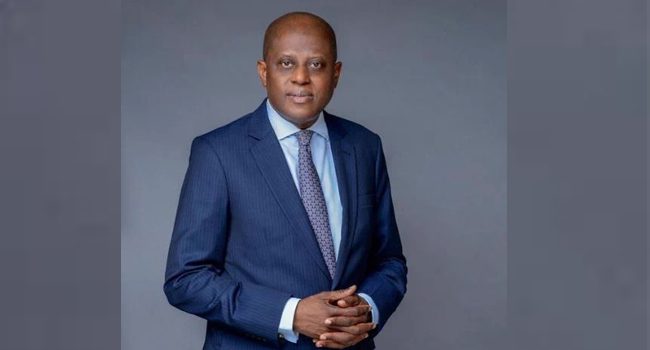Business
CBN aims to achieve a 21.4% inflation rate by 2024- Cardoso

Mr. Olayemi Cardoso, the governor of the Central Bank of Nigeria (CBN), stated that the goal of the top bank is to lower the headline inflation rate to 21.4% this year.
Read Also: CBN units relocation: Political repercussions are inevitable – Ndume
In a keynote speech at the Nigeria Economic Summit Group’s 2024 Economic Outlook report launch, Cardoso provided this guarantee.
By the end of 2023, the rate of inflation had increased from 21.34 percent at the end of 2022 to 28.92 percent, a 7.58 percentage point rise.
However, Cardoso asserted that the CBN’s inflation-targeting strategy, together with increased agricultural output and an anticipated drop in the price of petroleum goods at the pump, will assist lessen inflationary pressures in 2024.
“A key component in the economic equation is the anticipated moderation in Premium Motor Spirit (PMS) pump prices due to the expected operational status of the country’s major government and privately owned refineries in 2024,” he stated.
Fuel prices are predicted to stabilise or decline, which will have a substantial impact on many different industries and increase overall economic resilience and efficiency.
“The CBN’s inflation-targeting policy, which aims to contain inflation to 21.4%, is likely to reduce inflationary pressures in 2024. Better agricultural output and less strain on the global supply chain will help with this, which will assist businesses by increasing customer confidence and purchasing power.
“The CBN adopted the inflation-targeting framework to achieve price stability, boost market confidence, and positively impact consumer behaviour. This involves clear communication, the use of monetary policy tools, and cooperation with fiscal authorities.”
“Businesses will be greatly impacted by the forecast for declining inflation in 2024, as it will offer a more stable cost environment and may result in reduced policy rates, which will encourage investment, spur growth, and create job opportunities.
“Furthermore, the Bank has returned to the traditional monetary policy framework, emphasising the achievement of price stability as a means of promoting Nigeria’s sustainable economic growth.”
